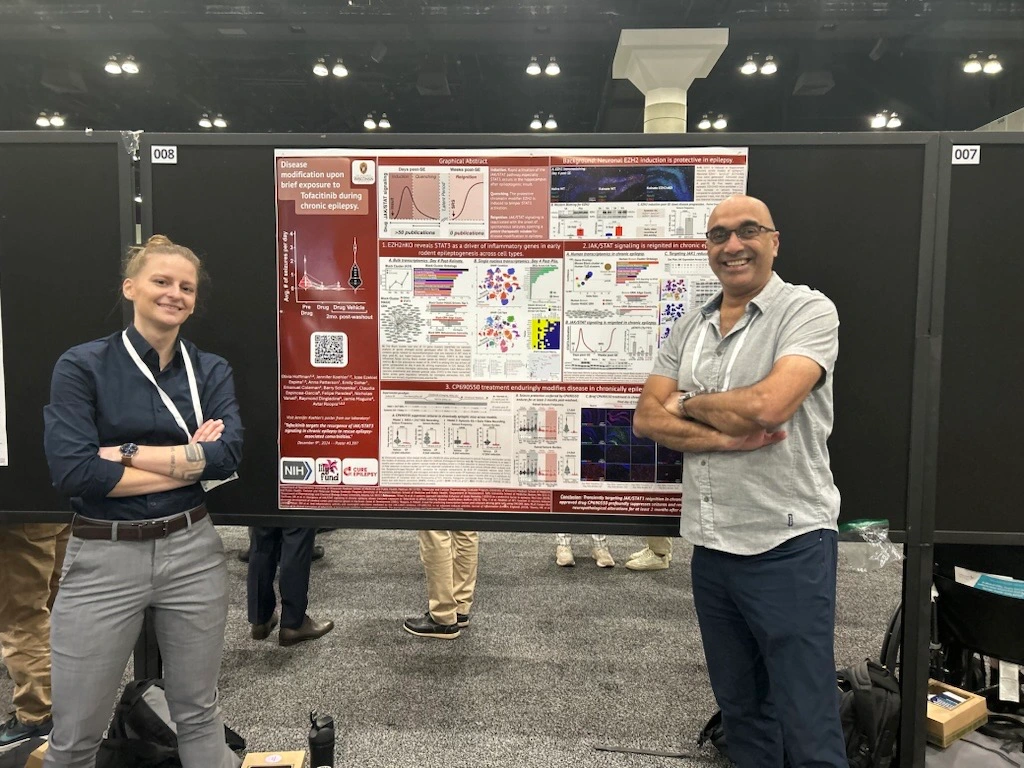Standard Complete Blood Count to Predict Long-Term Outcomes in Febrile Infection–Related Epilepsy Syndrome (FIRES)
A recent study assessed whether complete blood count (CBC) analyses during intensive care unit stay could predict 12-month outcomes in patients with febrile infection–related epilepsy syndrome (FIRES), a form of new-onset refractory status epilepticus for which the cause is unknown (cryptogenic).
Scientists used a standardized assessment tool called the Glasgow Outcome Scores (GOS) to evaluate overall functional recovery and outcome in 63 patients (34 adults, 29 children) who experienced cryptogenic FIRES. Twelve‑month GOS outcomes were classified as unfavorable or favorable.
The study found that adults with unfavorable outcomes had elevated ratios of monocytes, which are the white blood cells (WBC) that fight infection, relative to lymphocytes, another type of WBC that helps the immune system. In children, unfavorable outcomes correlated with increased red cell size.
This study suggests that standard, readily available CBC metrics may serve as rapid, accessible prognostic tools in predicting the long-term outcomes following cryptogenic FIRES. The findings suggest that the approach may have especially strong utility in pediatric cases, informing clinicians early about likely long-term outcomes based on routine blood tests.








